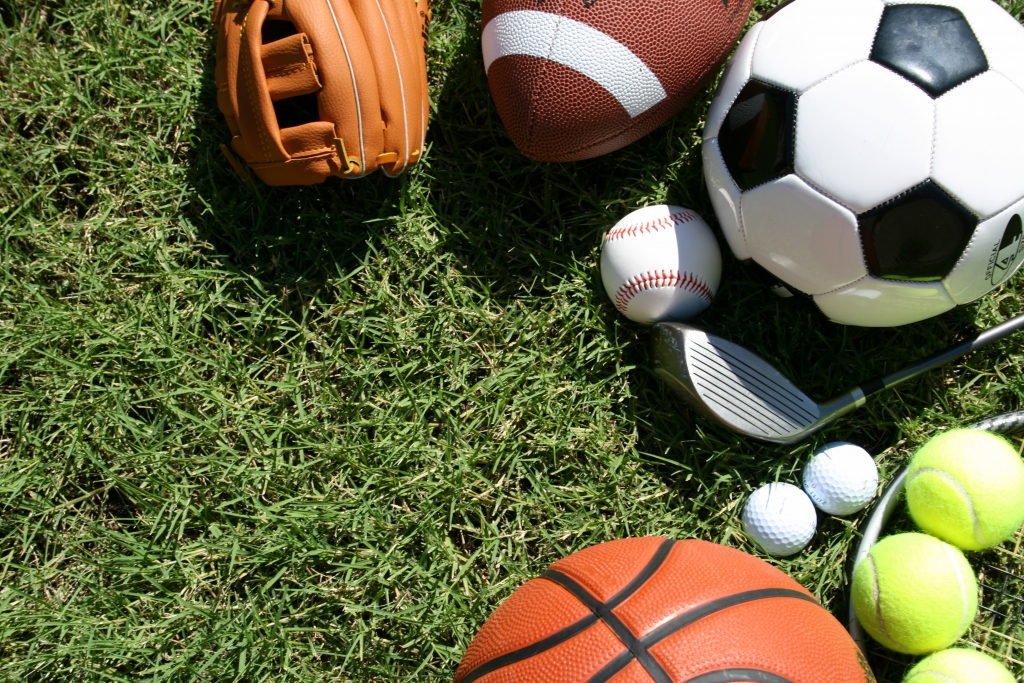
January 12, 2021
By Curry Sexton and Greg Whiston
On Monday, the NCAA announced
that it will delay voting on name, image, and likeness (“NIL”) legislative
proposals that were scheduled for a vote at this week’s NCAA Convention and
that would ultimately enable student-athletes to benefit from their NIL as
early as the 2021-22 academic year.
In a statement regarding the vote delay, the NCAA said, “The Division I Council on Monday announced it is committed to adopting new rules allowing student-athletes to benefit from their name, image and likeness . . . but several external factors, including recent correspondence with the U.S. Department of Justice, prompted members to delay voting on the proposals.”
“The group tabled the name, image and likeness. . . proposals and adopted a resolution stating it is committed to modernizing its rules. The Board of Governors directed each division to change name, image and likeness rules by January 2021, but judicial, political and enforcement issues and a subsequent recommendation from NCAA President Mark Emmert influenced today’s decision.”
It is expected that the NCAA will continue its efforts to enact NIL rules that will be uniformly applied and that will become effective as early as August 1, 2021, as several individual states – namely, California, Colorado, Florida, New Jersey, and Nebraska – have already enacted their own NIL legislation. The Florida NIL law is set to go into effect on July 1, 2021.
Relatedly, many expect that there will continue to be a strong push for Congress to pass NIL legislation, though the upcoming change in presidential administration and impending flip in control of the Senate has left the NCAA and others curious about what the future may hold as it relates to NIL.
Stay tuned for updates as the issue of NIL rights continues to develop.
The authors of this article, Curry Sexton and Greg Whiston, are members of Seigfreid Bingham’s Sports and Entertainment Group and routinely represent clients in collegiate athletics. If you or your organization have questions about the impact of the NCAA’s most recent announcement, please contact either author at 816-421-4460.
This article is general in nature and does not constitute legal advice.
